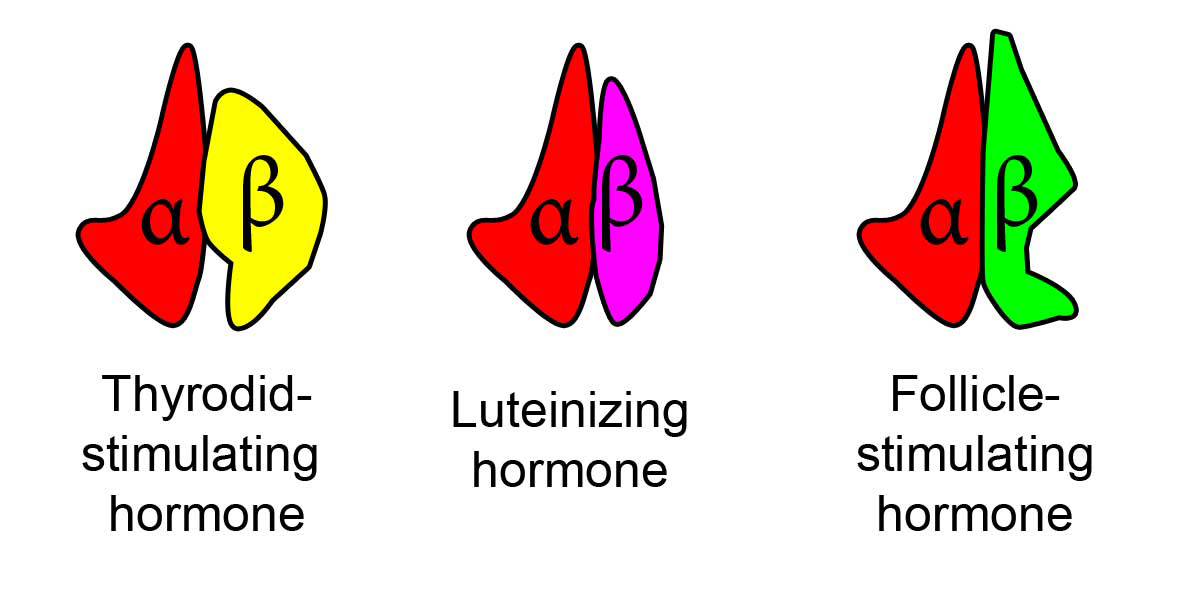Table of Contents
Hypothyroidism is a condition in which the body lacks sufficient thyroid hormone. The main purpose of the thyroid hormone is to run the body's metabolism, which is why people with this condition will have symptoms associated with a slow metabolism.
It has been acknowledged for a very long time that there is a complex relationship between thyroid disease, body weight, and metabolism. The thyroid hormone regulates metabolism, which is determined by measuring the amount of oxygen used by the body and, if the measurement is made at rest, is known as the basal metabolic rate (BMR). All the patients whose thyroid glands are not working should have low BMR, and those with overactive thyroid glands should have high BMR.

What is the relationship between BMR and weight?
All differences in BMR are associated with changes in energy balance which reflects the difference between the amount of calories one eats and the amount of calories the body uses. However, these connections are probably much more complex then we believe, and there is still much to discover. For example, when metabolic rates are reduced in animals by various means, these animals often do not show the expected excess weight gain. No one knows why.
Experts believe that the relationship between metabolic rates, energy balance, and weight changes is highly complex. The explanation probably is hidden in the fact that there are also many other hormones, proteins, and other chemicals that are very important for controlling energy expenditure, food intake, and body weight. That’s why no expert can truly and precisely predict the effect of changing thyroid state on any individual’s body weight.
What is the relationship between hypothyroidism and weight gain?
BMR in a patient with hypothyroidism is decreased, and therefore an under-active thyroid is generally associated with weight gain. Because nothing in medicine is simple, the weight gain in hypothyroid individuals is also complex, and not always related to excess fat accumulation. Most of the extra weight gained in hypothyroid individuals is due to excess accumulation of salt and water. Therefore, a massive weight gain should not be confused with hypothyroid-type weight gain.
How much weight can a patient expect to lose after the hypothyroidism is treated?
Because the great percentage of weight gain in hypothyroidism is accumulation in salt and water, when the hypothyroidism is treated a patient can expect a small weight loss. In most cases this weigh loss is less than 10% of body weight. Much like hyperthyroidism treatment, treatment of hypothyroidism with thyroid hormone should result in a return of body weight to what it was before hypothyroidism developed.
Because of the fact that hypothyroidism usually develops over a long period of time, it is fairly common to find that there is no significant weight loss after a successful treatment of hypothyroidism. The bottom line is, after hypothyroidism has been treated and thyroid hormone levels have returned to the normal range, the ability to gain or lose weight is the same as in individuals who do not have thyroid problems.

